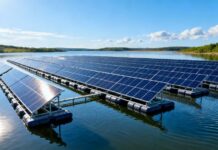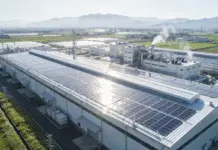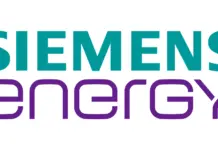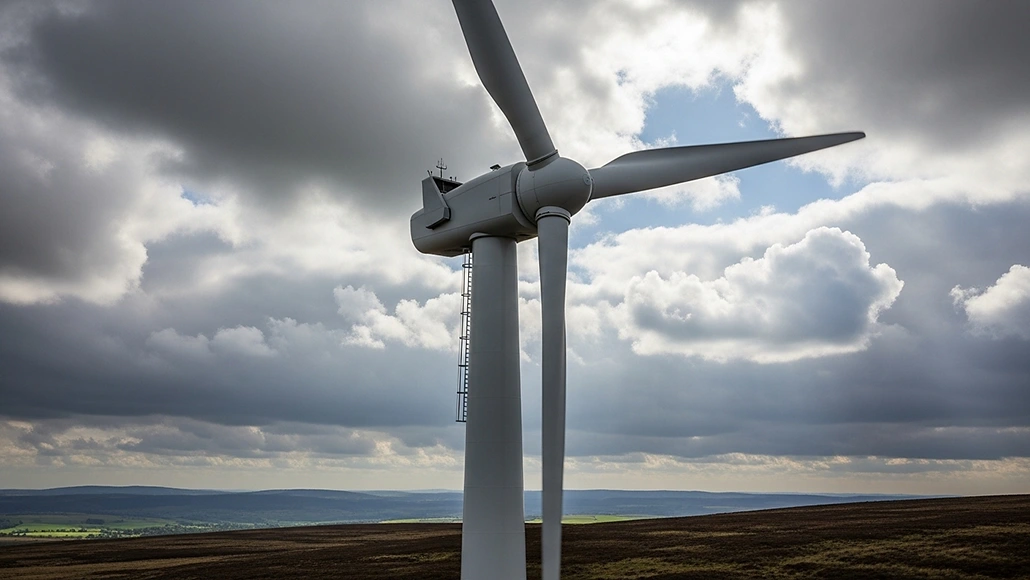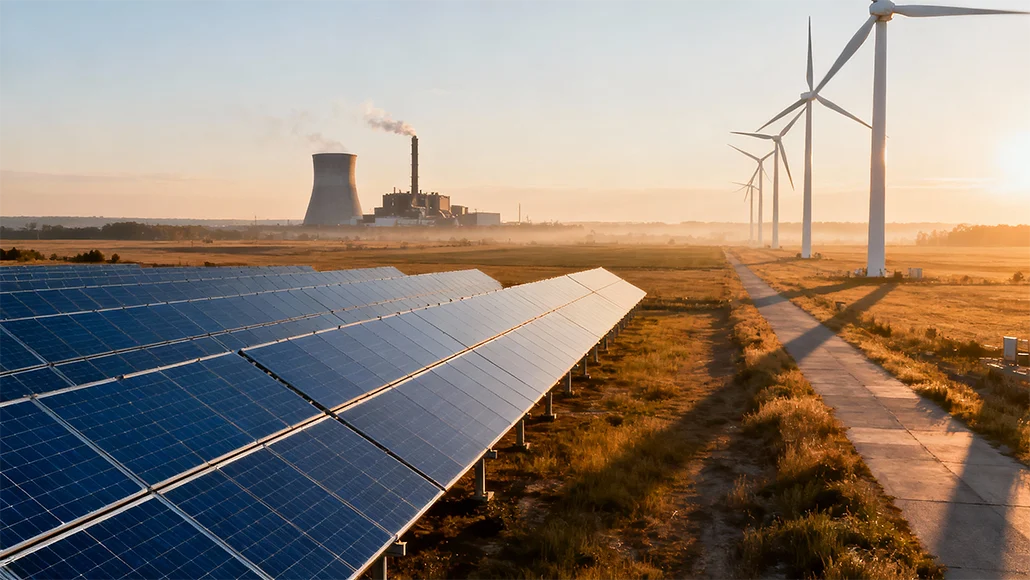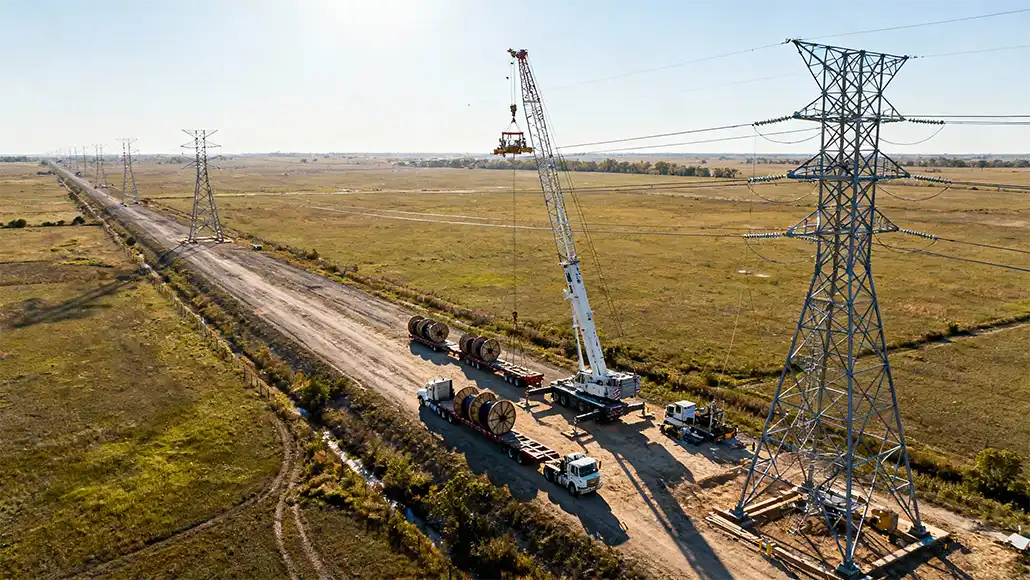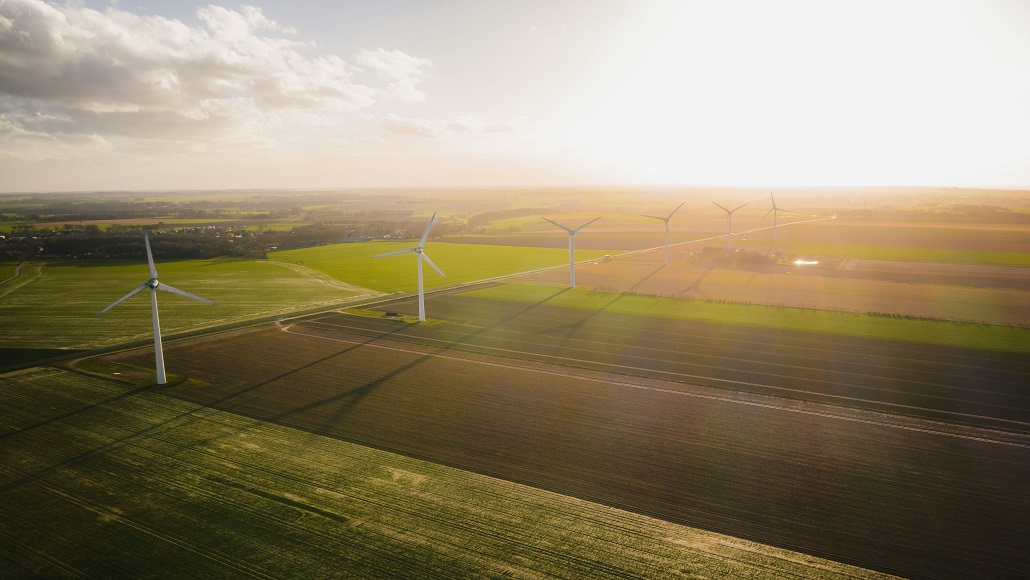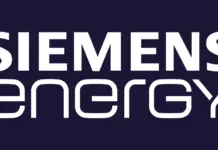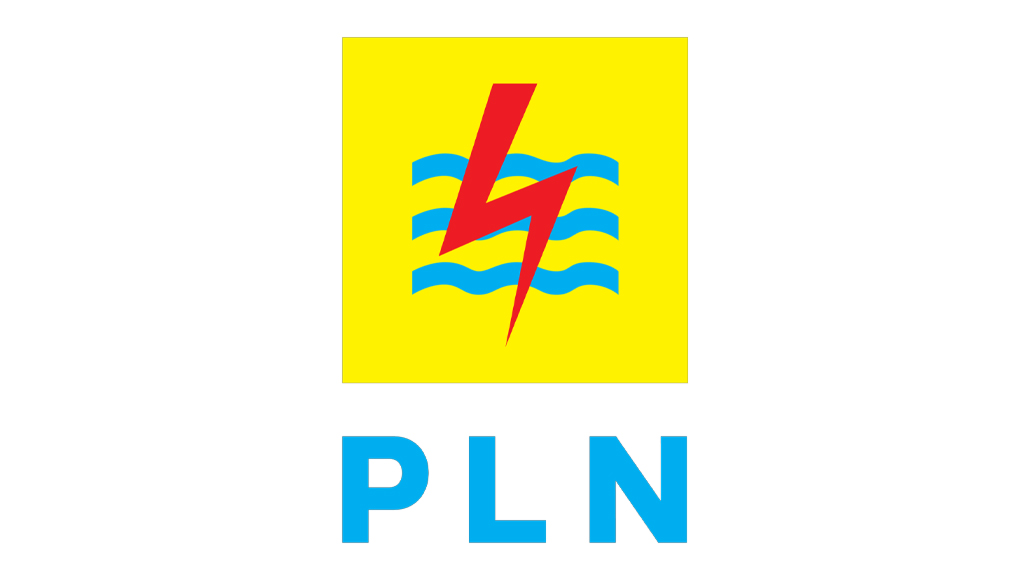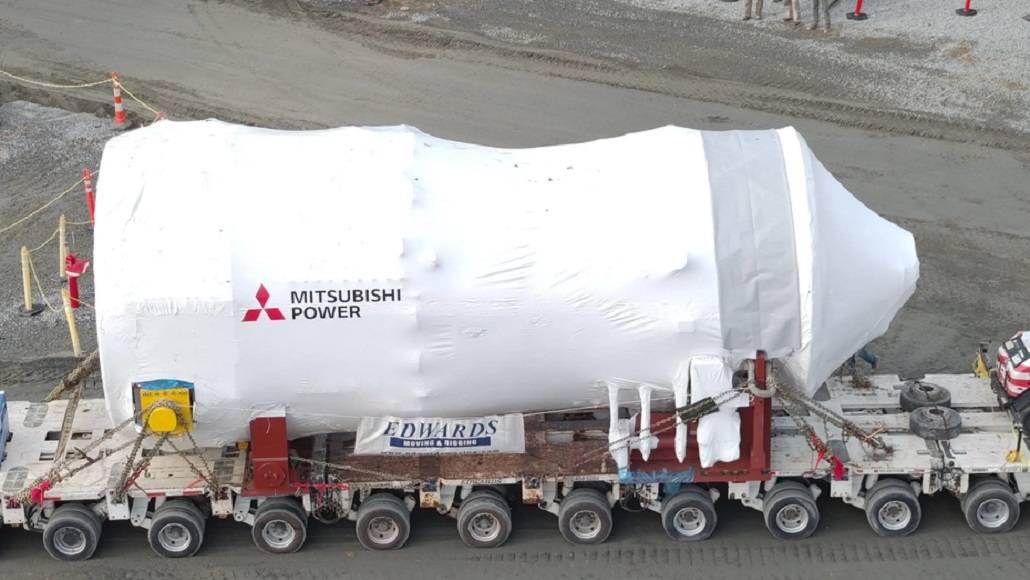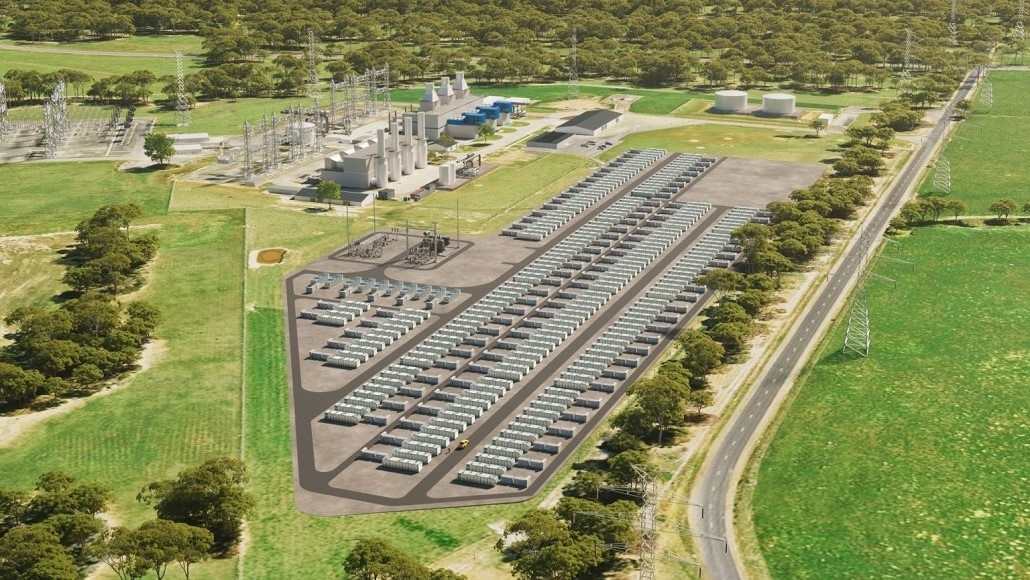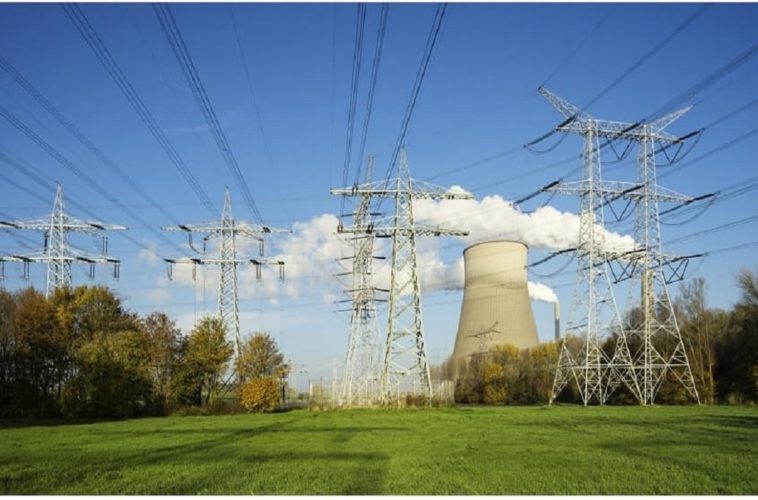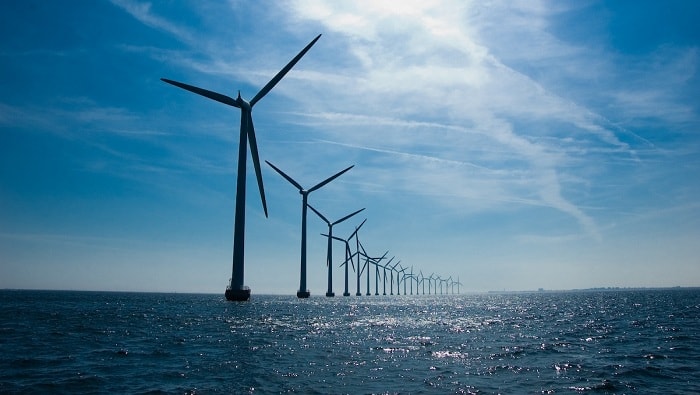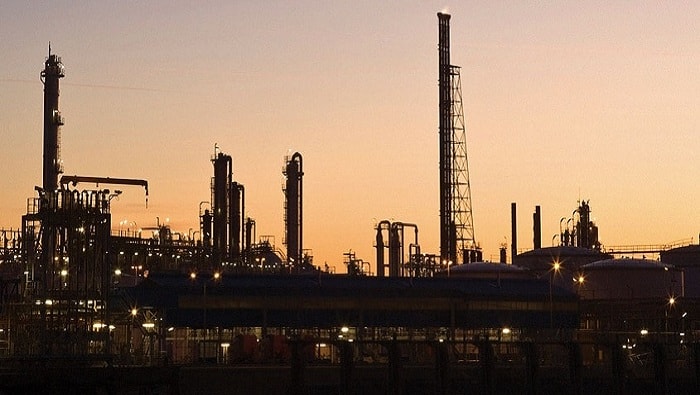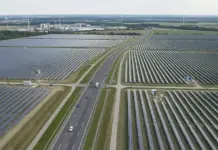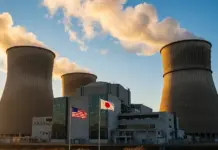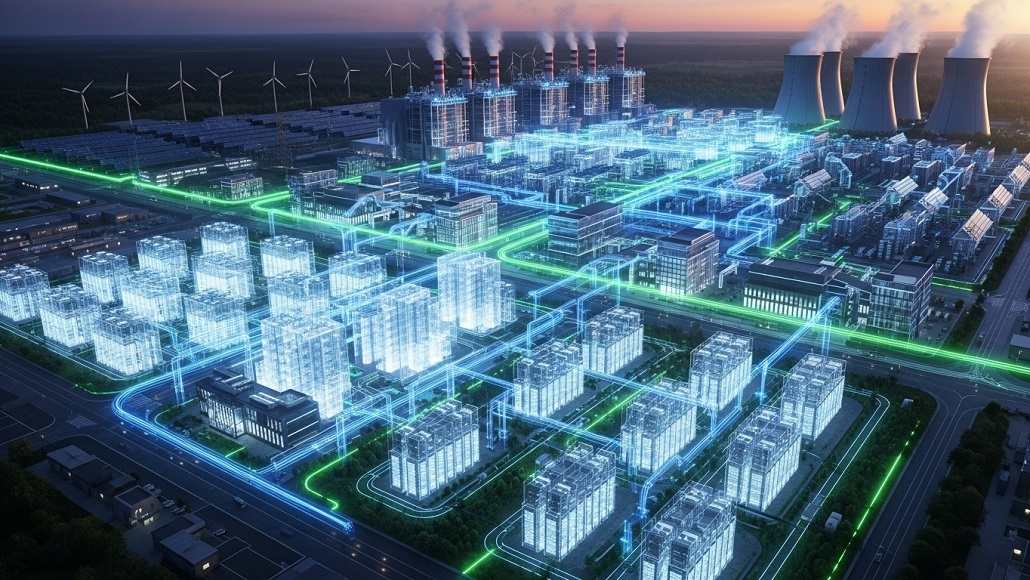On July 15, President Trump and top executives from Big Tech and energy companies met at Carnegie Mellon University’s Energy & Innovation Summit. They announced a huge energy infrastructure investment wave that would change the way America powers its AI future. The rise, which brought in more than $90 billion, shows an unparalleled convergence between high-tech and energy infrastructure investment to keep the U.S. ahead in AI as competition grows across the world, especially from China.
Trump made it clear that demand was rising: “We may need twice as much electricity as we have now,” he told summit delegates, quoting White House AI czar David Sacks. In line with this, tech giants repeated their promises: Google promised $25 billion for data centres and energy infrastructure; Blackstone promised $25 billion for gas-fired plants and AI data centres; CoreWeave committed a $6 billion investment; and FirstEnergy set aside $15 billion for improvements to the grid.
To speed up co-located generating solutions, Trump’s government is adding executive orders to private capital to make it easier to get permits. For example, they are suggesting statewide Clean Water Act leeway and opening federal lands for data centre building. This strategy is expected to drive significant energy infrastructure investment across the country to make integration easier and cut down on delivery delays.
The language and use of fossil fuels and nuclear power are very biased. While big companies in renewable energy like Google announced smaller-scale hydro projects worth around $3 billion, wind and solar didn’t get much attention, and people mostly spoke about what was true. The speakers at the summit criticised renewable intermittency, but climate supporters disagreed, saying that clean energy shouldn’t be put on hold at a time when climate change is becoming more urgent.
Even though the emphasis was on fossil fuels, Trump called the project a “next-generation industrial boom.” He highlighted that the U.S. needs to quickly fulfil the demands of AI power, saying that the country has no option but to ramp up to “meet and beat China” in this new arms race. Leaders in the IT and energy industries, such as Microsoft, ExxonMobil, and Bechtel, praised the drive, saying it shows that both parties are investing more in energy-AI integration than ever before.




